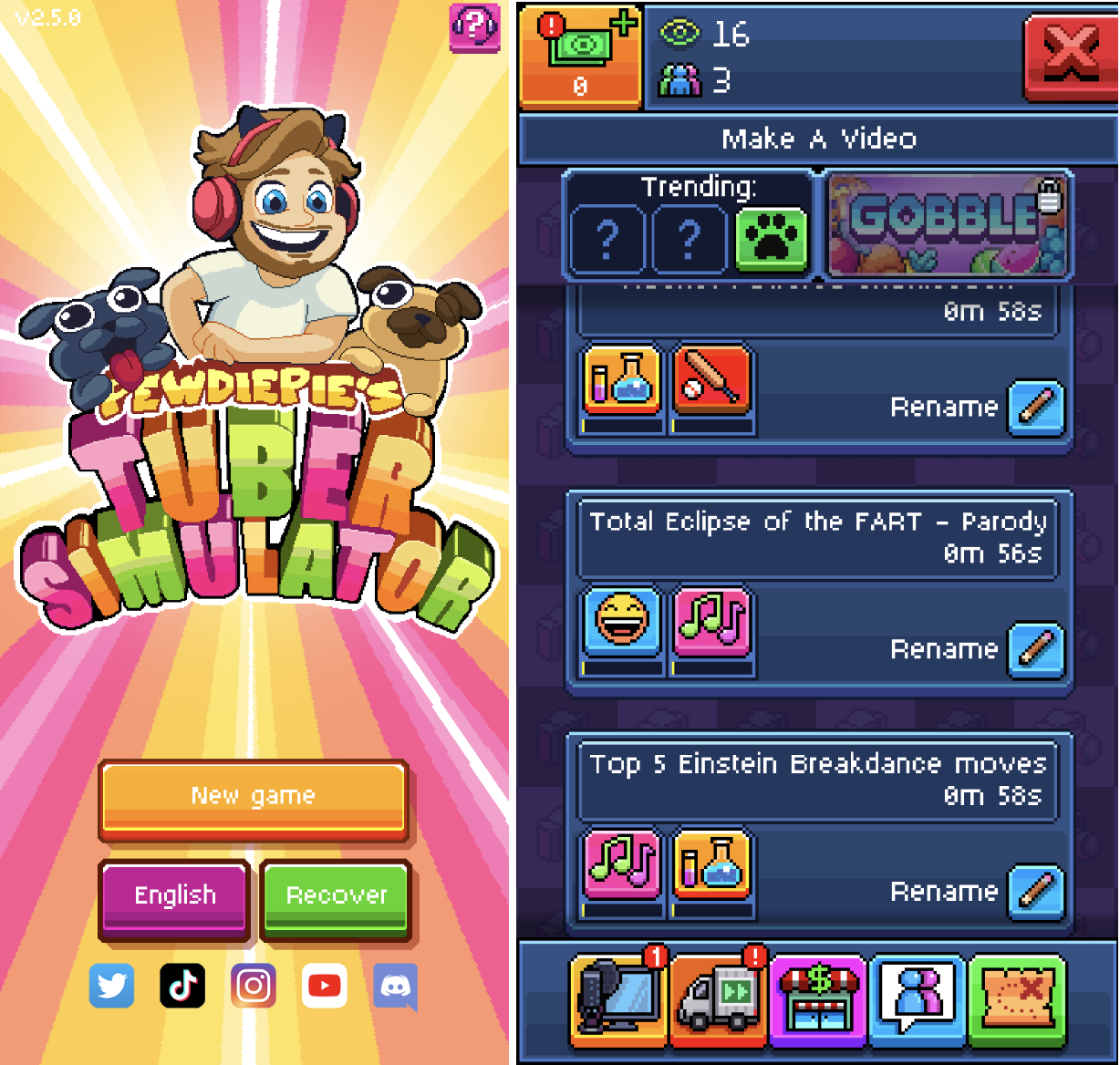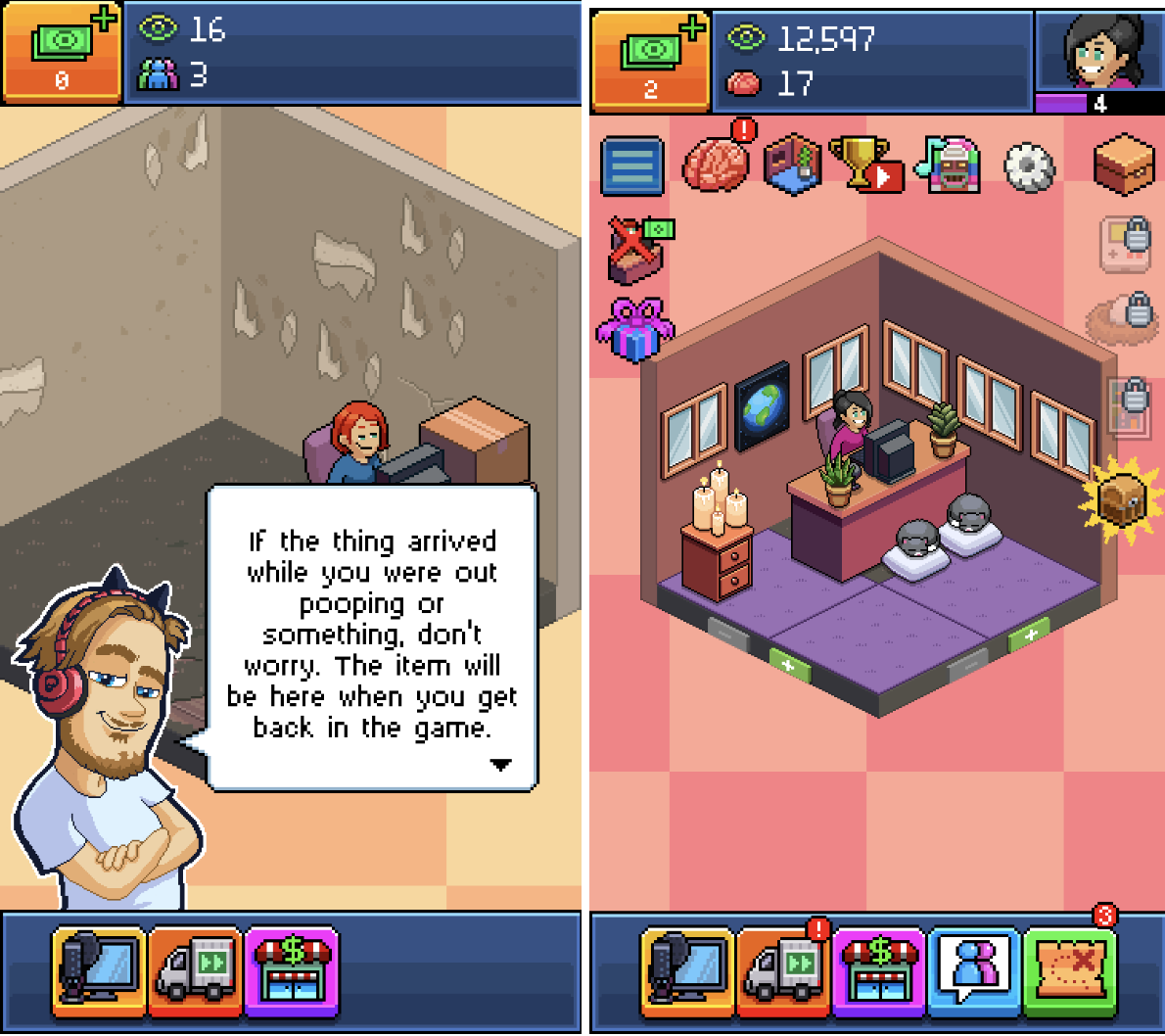
Welcome to Pixalate’s CTV & Mobile App Manual Reviews According to COPPA, a series containing the detailed factors the Trust & Safety Advisory Board educators used to assess an app’s child-directedness.
The educators manually review thousands of mobile apps available in the Google Play & Apple App Stores as well as connected TV (CTV) apps from the Roku Channel Store and Amazon Fire TV App Store using the COPPA Rule factors shown below & make those results available to the public at ratings.pixalate.com.
This post takes a look at a popular Mobile App from the Google Play and Apple App Stores. Our reviewer discusses how the subjective factors set forth in the COPPA Rule apply to the app and factor into the reviewer's determination as to whether the app is child-directed or general audience (i.e., it is not targeting children).
The teacher will indicate the factors they relied upon in their assessment using the 10 factors shown below that reflect the 10 child-directed factors in the COPPA Rule.

PewDiePie's Tuber Simulator is a simulation game that allows players to become influencers by setting up their own simulated YouTube channel. Their avatar can make videos on different subjects, gain followers and viewers, and upgrade their space. While many adults might roll their eyes at this idea, the concept of becoming an influencer and making videos is appealing to upper elementary, tweens, and teens. There is not any video-making involved and much of the game centers around designing the room that the avatar makes videos in.
Due to this subject matter appealing to both children under 13 and teens over 13, I have designated this app as a mixed audience. I do not think adults would be very interested in this app but the addition of the 13-18 demographic does kick this app out of a solely child-directed audience.
PewDiePie is a popular Youtuber recognized by many children for his gaming and other videos. His avatar is featured prominently within the app, explaining different features and how to do different things to new users.
The language within the app is very child-directed. PewDiePie explains the game in simple instructions that are easy for children to understand. There are jokes throughout his commentary that children would find amusing. Throughout the app, you will find unconventional punctuation, capitalization, grammar, and language that would appeal to children. The subjects of the videos are also childlike- containing topics such as, “A TALKING SHRIMP!?!?!?!?!?” or “awkward warts n stuff.”
and
The visuals are retro, arcade-style graphics. The 8-bit animations are appealing to children and a throwback for adults. The user’s avatar is animated to always be working on the computer. The avatar interacts with a mouse and keyboard and changes facial expressions often. Animated exclamation marks flash on different parts of the screen to indicate a new activity or reward is available. A bird also flies overhead to drop off additional prizes and incentives.
Creating videos earns followers and views. These can be used to upgrade and purchase items in the room, such as carpets, plants, etc. As things are upgraded and purchased the player can level up and be given the opportunity to further customize their room.
Video game-style music plays softly in the background and rewards sounds accompany any earned rewards or leveling up.
There are no advertisements regularly within the app. Optional video ads can be viewed to earn extra incentives. These video ads are for general audience products, such as photo editors and financial institutions.
and
PewDiePie's Tuber Simulator is rated T on the American Google Play App Store but PEGI 3 on the European Google Play Stores. It is rated as 9+ on the Apple App Store. Google and Apple both list the reasons for the ratings as Crude Humor and Language with Google also listing Drug References while Apple also mentions Suggestive Themes, Fear, and Cartoon Violence. Apple lists all of these occurrences as Infrequent or Mild, while Google does not quantify the subjects.
There are numerous reviewers who state they are children or mention their parents. Fans of PewDiePie are collectively referred to as the 9-year-old army, as they are generally around that age group. It can be expected that the primary audience of this app would align with the audience of PewDiePie’s YouTube channel.
Privacy:
According to the privacy policy, which was last updated on May 25, 2018, users should be 13 or older to use the app. This, however, is not clear upon opening the app and the app does not employ an age gate. The Google Version of the app does have a checkbox about having "reached the age required in the jurisdiction in which I reside.” However, this seems to be more related to opting in or out of collecting devices and personal information. It is not necessary to opt-in to data collection to play the game and this pop-up is not even presented in the Apple version of the app.
The privacy policy also indicates that the app “collects only the Personal Information it deems necessary for conducting its business and to achieve specific purposes.” The company indicates that they only share personal information with third parties if they are acting on behalf or as representatives of the company.
Screenshots of PewDiePie's Tuber Simulator


Pixalate’s Trust and Safety Advisory Board was created to bring in individuals with experience using child-directed apps in the classroom to review and assess which apps are child-directed. This manual review process serves to quality check Pixalate’s automated review process. See our full methodology for more information.
Disclaimer
This blog post published by Pixalate is available for informational purposes only and is not considered legal advice. By viewing this blog post, the reader understands and agrees that there is no attorney-client relationship between the reader and the blog publisher. The blog should not be used as a substitute for legal advice from a licensed professional attorney in the applicable jurisdiction(s), and readers are urged to consult their own legal counsel on any specific legal questions concerning any specific situation. The content of this blog post reflects Pixalate's opinions with respect to factors that Pixalate believes may be useful to the digital media industry. Pixalate's opinions are just that, opinions, which means that they are neither facts nor guarantees; and this blog post is not intended to impugn the standing or reputation of any entity, person or app, but instead, to report findings pertaining to mobile and Connected TV (CTV) apps.
*By entering your email address and clicking Subscribe, you are agreeing to our Terms of Use and Privacy Policy.
These Stories on Mobile
*By entering your email address and clicking Subscribe, you are agreeing to our Terms of Use and Privacy Policy.

Disclaimer: The content of this page reflects Pixalate’s opinions with respect to the factors that Pixalate believes can be useful to the digital media industry. Any proprietary data shared is grounded in Pixalate’s proprietary technology and analytics, which Pixalate is continuously evaluating and updating. Any references to outside sources should not be construed as endorsements. Pixalate’s opinions are just that - opinion, not facts or guarantees.
Per the MRC, “'Fraud' is not intended to represent fraud as defined in various laws, statutes and ordinances or as conventionally used in U.S. Court or other legal proceedings, but rather a custom definition strictly for advertising measurement purposes. Also per the MRC, “‘Invalid Traffic’ is defined generally as traffic that does not meet certain ad serving quality or completeness criteria, or otherwise does not represent legitimate ad traffic that should be included in measurement counts. Among the reasons why ad traffic may be deemed invalid is it is a result of non-human traffic (spiders, bots, etc.), or activity designed to produce fraudulent traffic.”

